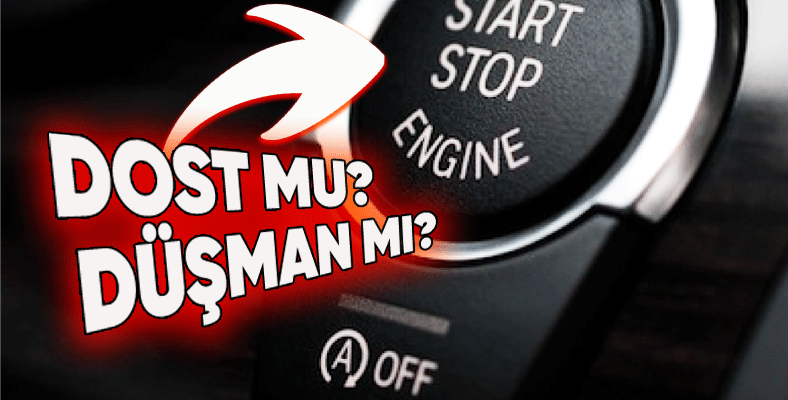Start/stop technology has become a very popular topic in the automotive world in recent years. Therefore, there are many myths about start/stop. So, does the start/stop system, which automatically stops your car’s engine when it stops at traffic lights and restarts it when you move off, harm the car’s engine and consume more fuel, as stated?
To put it candidly, many vehicle owners are stuck in between on this issue. In this content, Effects of start/stop technology on the engine We will give a clear answer to this question by examining its long-term results.
After reading our content, your vehicle start/stop system If you have it, you will not only learn how to use it more effectively, but also put aside all the question marks in your mind.
How does the start/stop feature work?
Those whose vehicles do not have this feature, “What does start/stop mean?” He may not be able to master the question. Therefore, let’s first explain how it works and its function.
The main purpose of start/stop technology is to save fuel and reduce environmental impacts by stopping the engine when the vehicle is stationary. Alright, How does start/stop work? The working principle is actually quite simple.
When the vehicle stops at a traffic light, the system automatically shuts down the engine. When the gas pedal is pressed, the engine starts working again. This process is managed by the vehicle’s electrical system and engine management system.
Start/stop technology has a more complex structure than traditional engine starting systems.
Frequent stopping and starting of the engine requires a more powerful starter motor and a durable battery due to the high torque requirement at startup. Also during engine stopping and starting engine lubrication and cooling Systems must also be able to adapt to this change.
Although it creates some extra loads on the engine, modern vehicles have many additional features developed to manage these loads. Engine oil and cooling system start/stop operation such as being designed to adapt.
How does start/stop work in a manual car?
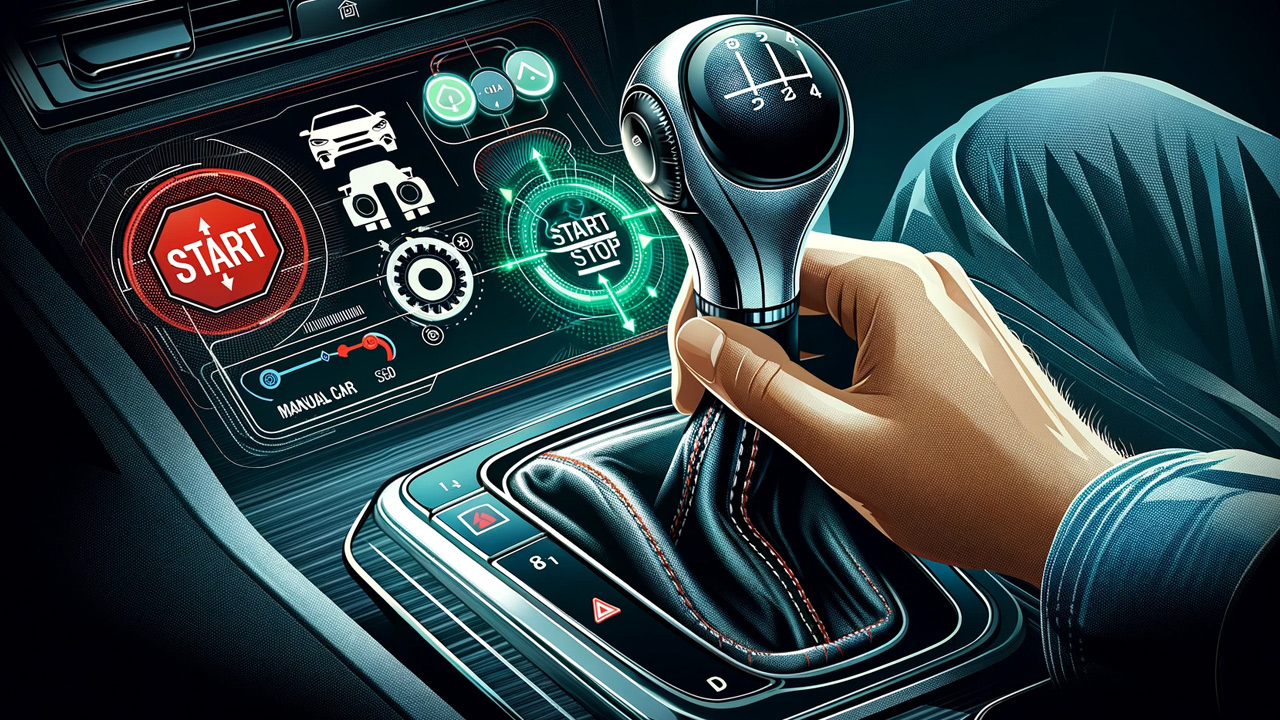
In manual vehicles start/stop system, It works according to the clutch and gear position. Usually, when the vehicle is stopped and the gear is shifted to neutral, the engine automatically stops when the clutch is released. To restart the engine pressing the clutch It is necessary.
When the vehicle is ready for action, the engine is restarted by pulling the clutch and shifting to first gear. This process allows the vehicle by electronic control unit is managed and ensures the protection of the engine and other components during engine stopping or starting.
This system not only saves fuel in manual vehicles, but also helps you while waiting in traffic. It also reduces noise and exhaust emissions. However, for the system to work effectively, drivers must be careful when using gear and clutch.
Start/stop system in manual vehicles, Although it has become an important part of the modern driving experience with its fuel efficiency and environmental benefits, drivers need to understand the operating principles of the system and act accordingly.
Does the start/stop system damage the engine?
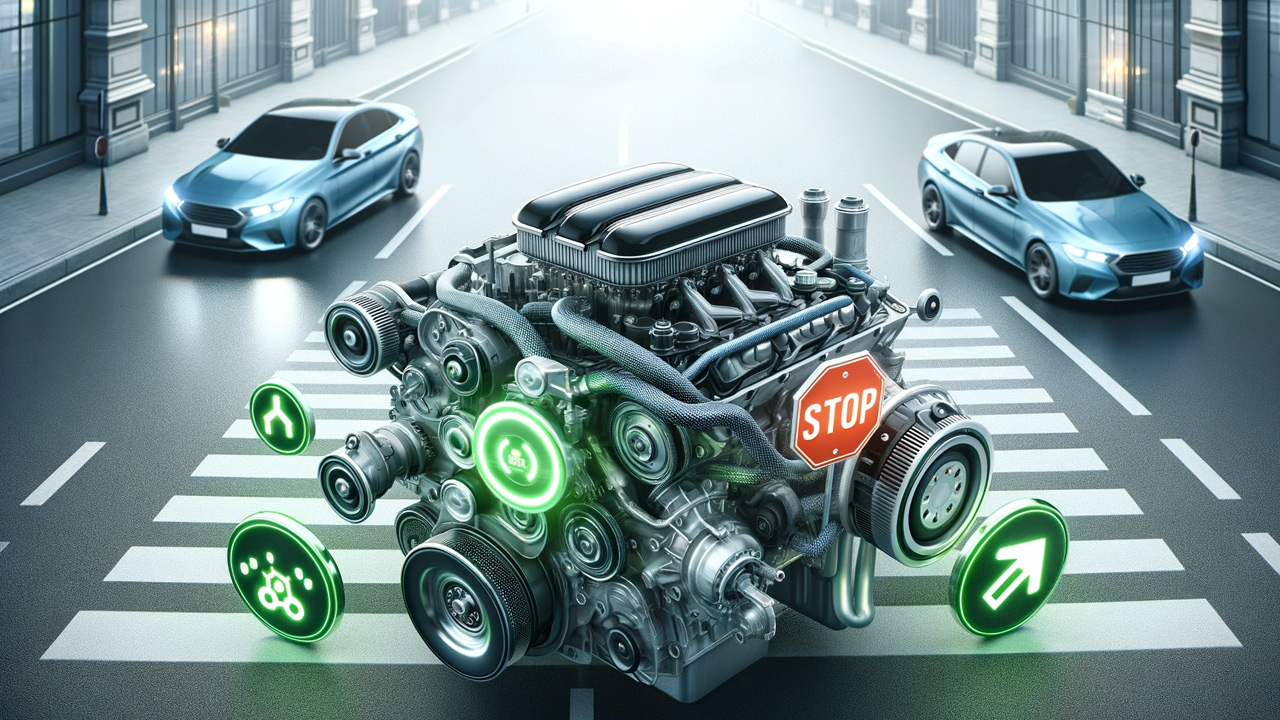
The start/stop system requires frequent circulation of engine oil. Because when the engine stops, lubrication stops and when the engine starts again, it needs to be lubricated quickly. Although this puts an extra load on the lubrication system, modern engine oils and lubrication systems are designed accordingly.
Although some experts suggest that the start/stop system may have long-term negative effects on the engine, these opinions can generally be valid for older type vehicles. That’s why those who use old-style vehicles should be sensitive about maintenance and have their cars checked frequently. New generation vehicles whereas It is designed to adapt to the high starting and stopping demands required by the start/stop system, and production is made taking such loads into account.
What should be done to prevent start/stop system damage?
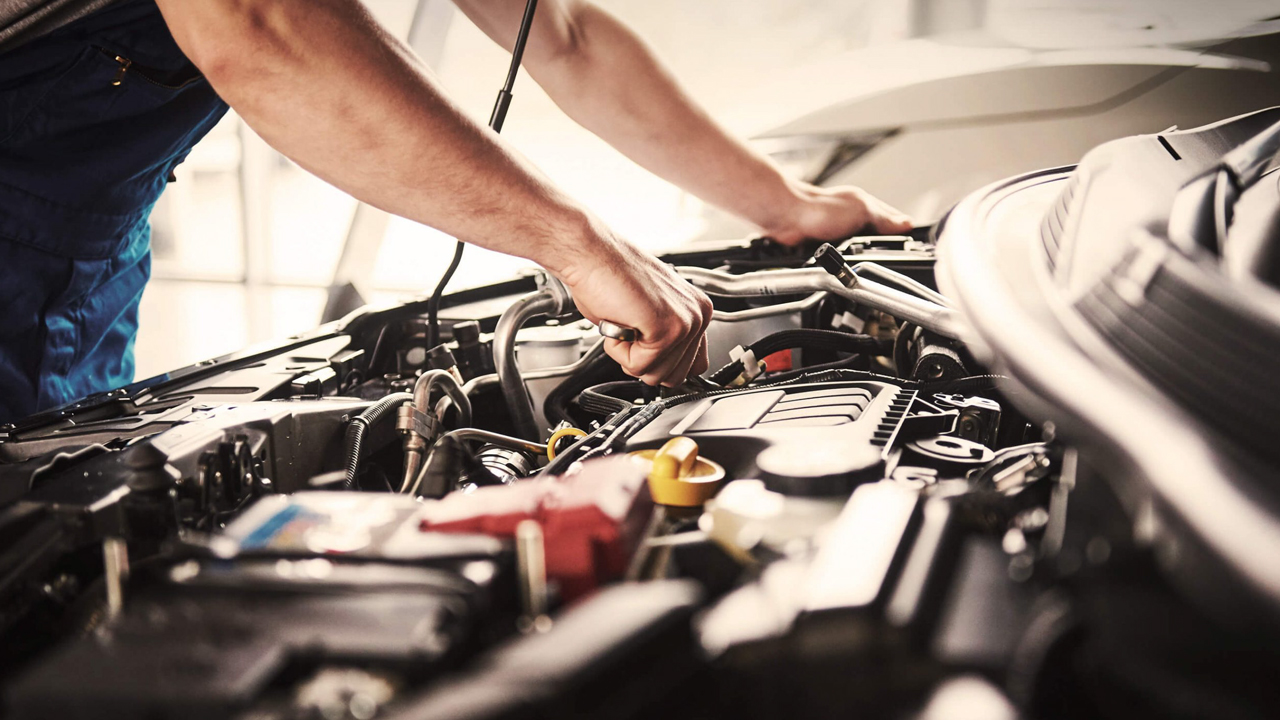
Although the technology is designed to prevent damage to the vehicle, it is useful to take some points into consideration. For this, first of all, your vehicle by taking it to regular maintenance You should take good care of it. Regular maintenance of the engine and related components can minimize the negative effects of the start/stop system.
Using high quality engine oil is another detail that should be taken into consideration in order to reduce engine wear and ensure that the system operates more efficiently. In addition, it would be beneficial to have your vehicle’s battery status checked.
What do users say about the start/stop system?
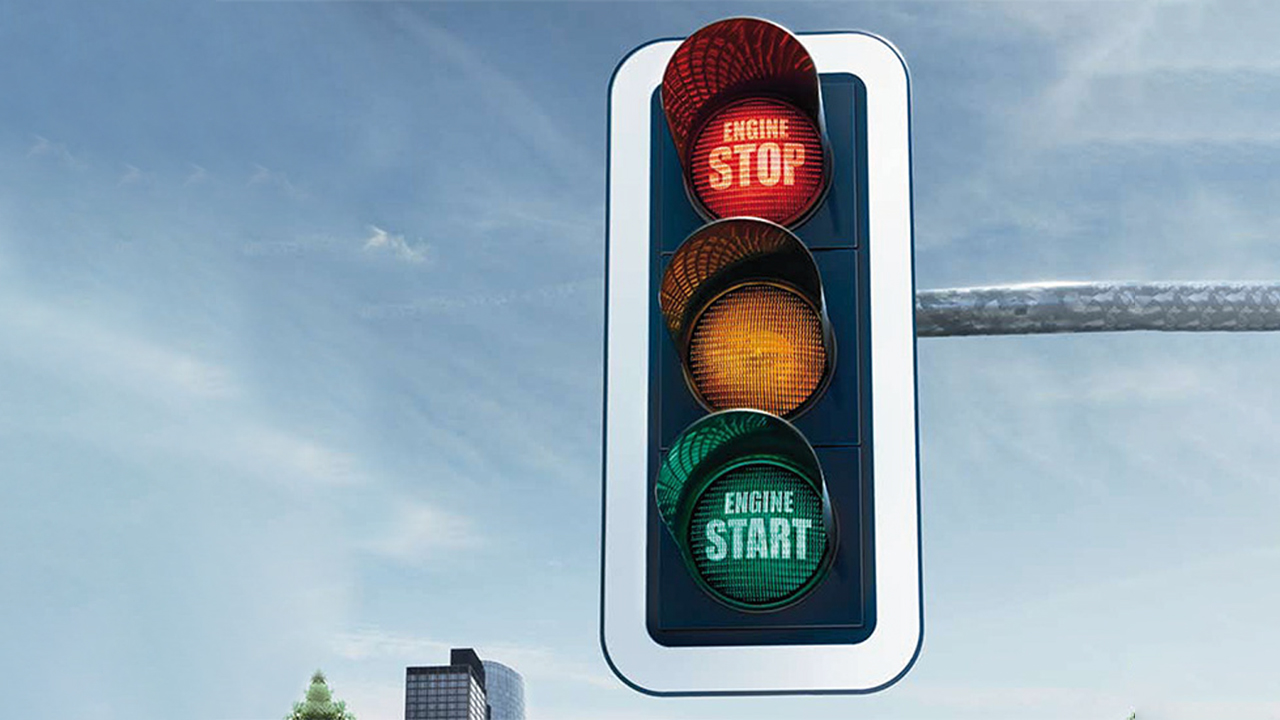
Real user experiences also need to be taken into consideration. After all, in addition to research, learning through experience also has effects. Many users find that the start/stop system It saves fuel states. This savings can be more evident, especially in urban traffic and stop-and-go situations.
Some drivers experience the process of engine stopping and restarting. may affect driving comfort it states. However, it should be noted that this may vary depending on personal preferences.
Frequently asked questions and answers about start/stop
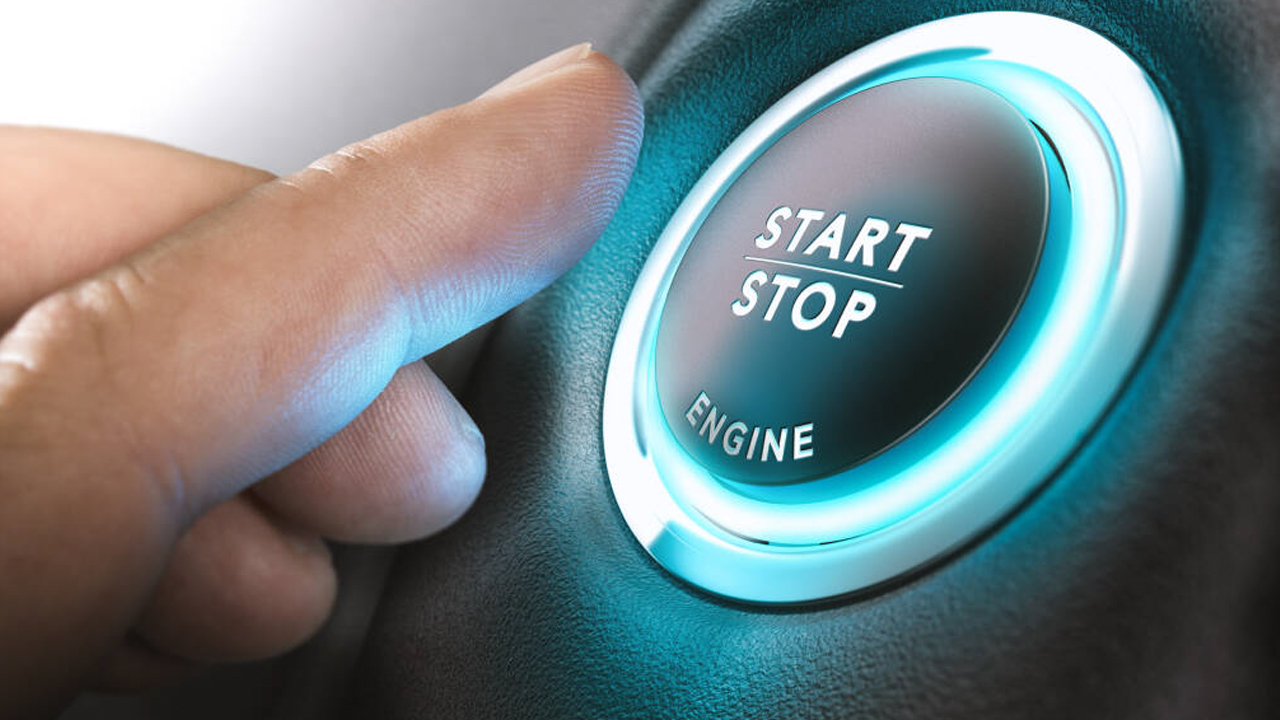
Does the start/stop system save fuel?
Yes, the start/stop system saves fuel, especially in stop-start situations in urban traffic. Research shows that this technology can reduce fuel consumption by 5-10 percent.
Is turning off the system better for the engine?
Modern vehicles are designed to be compatible with the start/stop system, and this system does not have a significant negative impact on the engine. However, the system may be turned off due to drivers’ personal preferences or driving habits.
Is the start/stop system effective in cold weather?
In cold weather, the start/stop system may automatically deactivate to allow the engine to warm up sufficiently. This is a safety measure designed to ensure that the engine reaches optimum operating temperature.
Is start/stop technology useful in out-of-town use?
The biggest benefit of start/stop technology is seen in urban traffic that requires frequent stops and starts. In out-of-town driving, this technology has less impact because the vehicle does not stop frequently.
Does the start/stop system affect vehicle performance?
The start/stop system does not directly affect vehicle performance. However, some drivers may notice a short delay when the engine stops and starts. This often depends on driving habits and personal preferences.
What should I do if the start/stop system malfunctions?
If the start/stop system does not work unexpectedly, there may be a problem with the vehicle’s electrical system or engine management system. In this case, it is best to contact an authorized service.
From now on, when it comes to start/stop, you can show your mastery by marketing all this information to your circle 🙂
Our other contents you may want to learn about vehicles:
RELATED NEWS
Don’t Do These 7 Moves When Driving a Manual Transmission Car!
RELATED NEWS
It’s Not a Simple System: How Does the Steering Wheel Return to the Center After Turning It?
RELATED NEWS
It is Possible to Shift Gears in Manual Transmission Cars Without Pressing the Clutch: So How?
RELATED NEWS
What is Semi-Automatic Transmission? What is the difference from Fully Automatic Transmission?
RELATED NEWS
